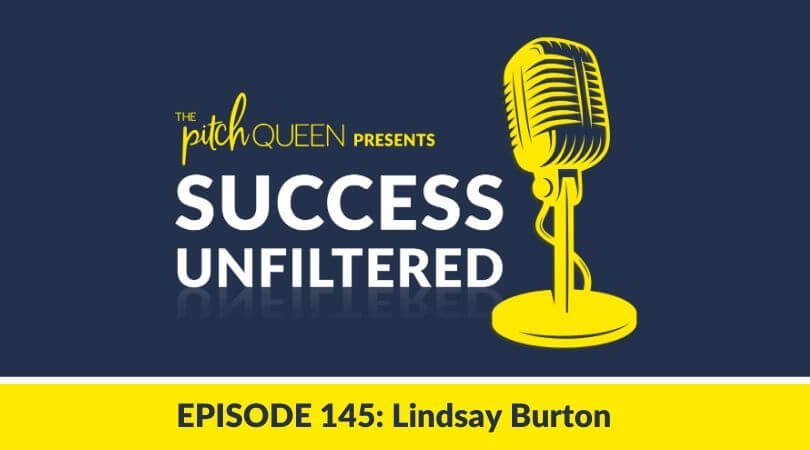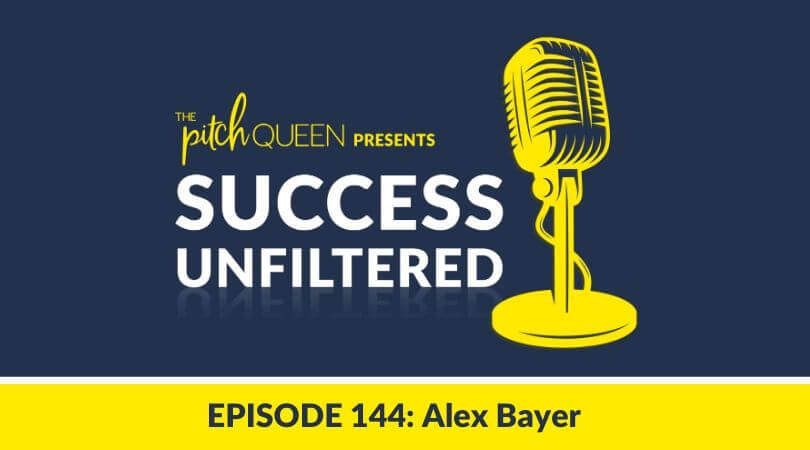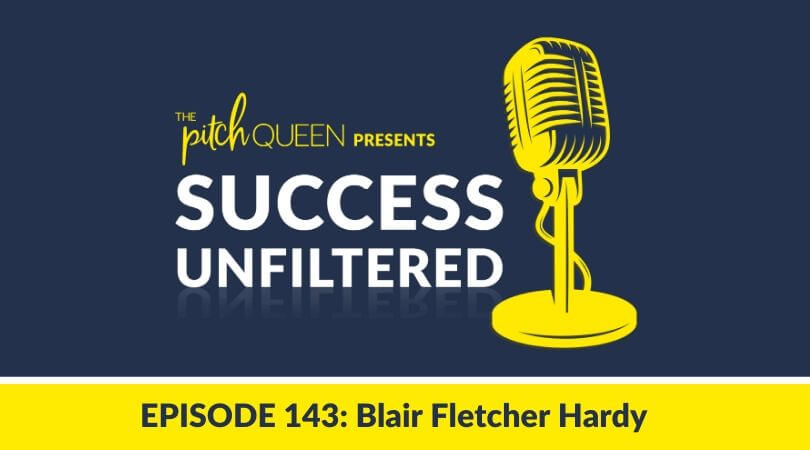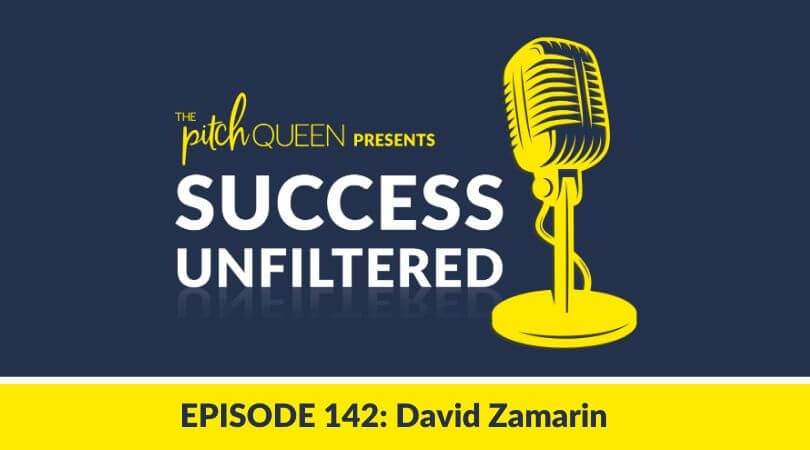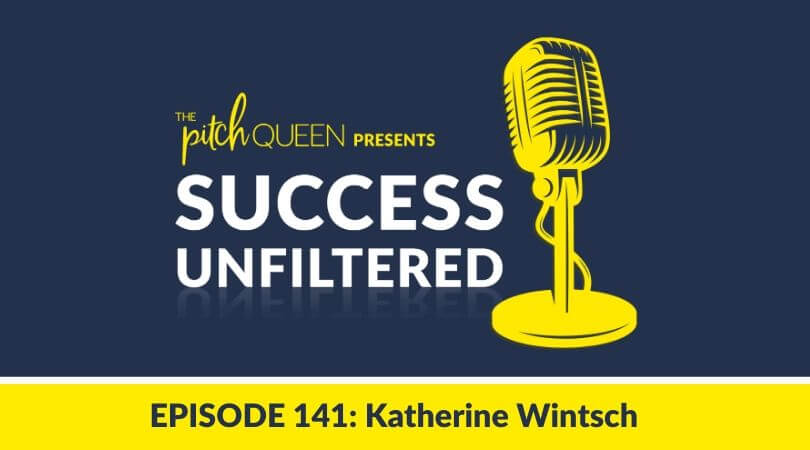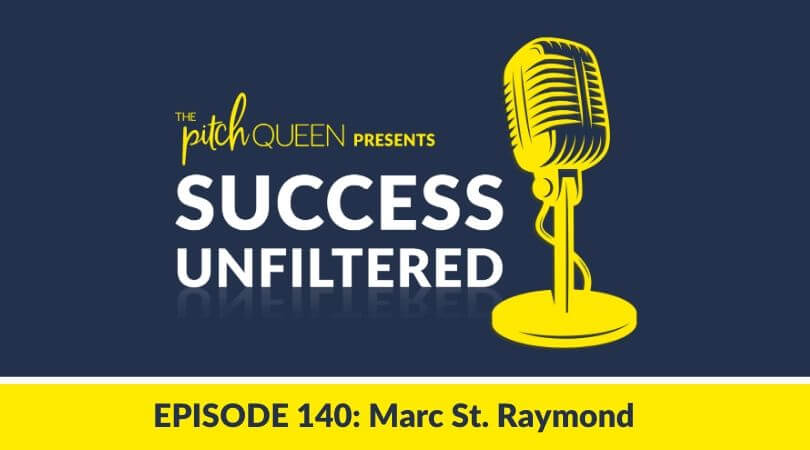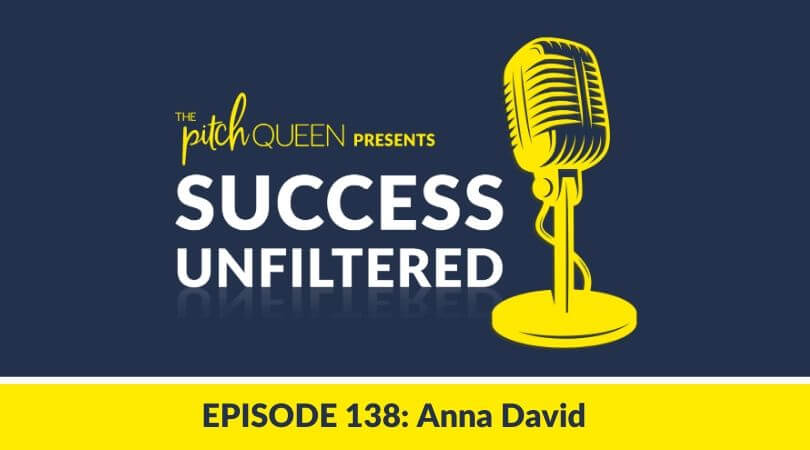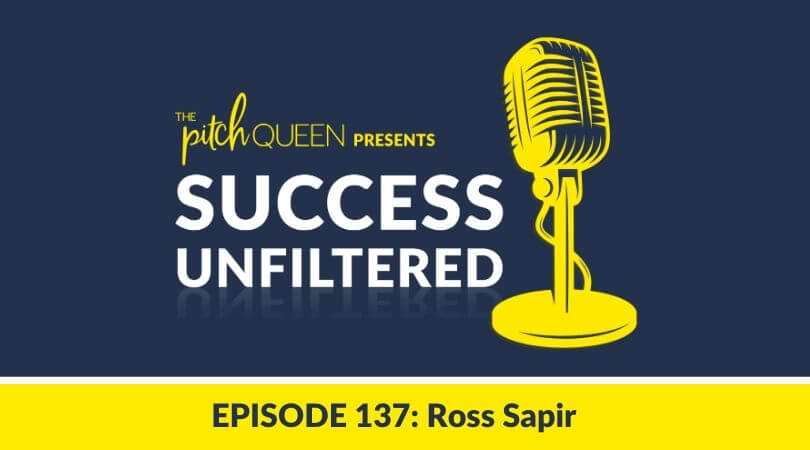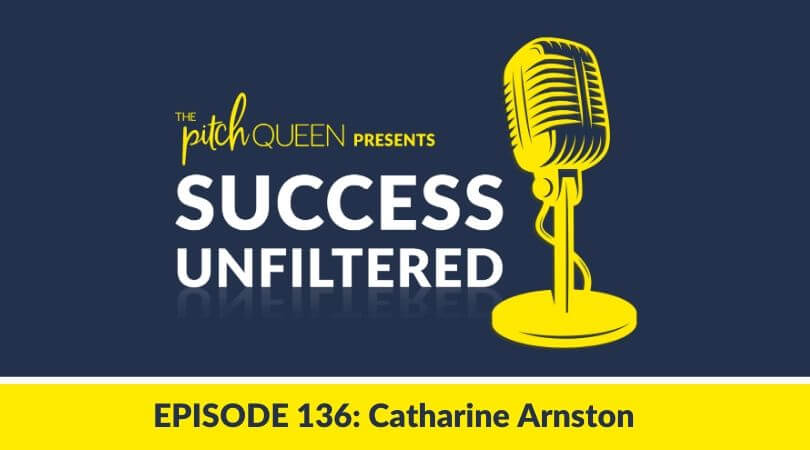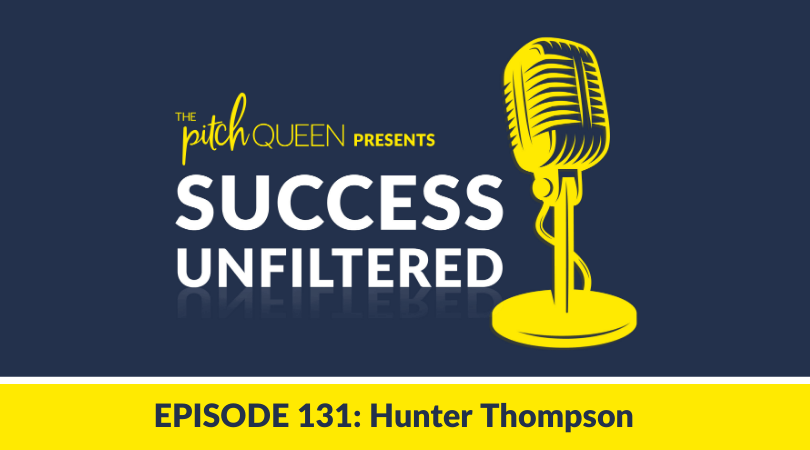
When you first started your entrepreneurial journey, did you accept money from any prospective client or investor who was willing to pay you?
Anyone who has been in the entrepreneurial world for a while has learned that accepting money from just anyone isn’t a good idea: it ends up connecting you to people who are not your ideal clients, or the best investors for you.
But how can you determine if someone is an ideal future client or investor?
When I interview accountants for my coaching program, I ask some very important questions.
I don’t accept just anyone into my program. It’s designed for a very specific type of accountant. It’s for accountants who have high-level offerings, and are ready to take their business to the next level. They’re people who want to charge more, work less, and serve their clients at high levels.
That interview time is when I ask important questions to vet them, and find out if they are a good fit.
One of the most important questions that I ask is how much time do they have to invest in the training. If they say they only have an hour or so, that is going to mean that I may need to say NO to them! I give a lot of homework. If they want to see results, they have to put in the work.
Saying NO to potential clients and investors feels like a strange choice in the beginning, but you’ll find that when you say NO to clients and investors who are not a good fit, you’re able to say YES to your ideal prospective client!
Hunter Thompson, a guest on the Success Unfiltered Podcast, is a real estate investor and founder of Cash Flow Connections,who has learned how to vet potential investors. He’s learned that it’s ok to say NO to people who aren’t a good fit so that he can say YES to investors who are the best fit for his business!
Questions vary from industry to industry, but here are three basic questions that you can ask your potential clients or investors to help you know if they are a good fit to work with you.
Do They Have Industry Knowledge or Connections?
Investors are beneficial for a wide variety of reasons…
Sometimes, choosing an investor is about far more than just the money they are bringing in.
When you are strategic about what investors you work with, you’re able to find people who have industry knowledge and connections.
Over and over, we’ve talked about entrepreneurs who have learned from their investors and got great contacts.
Here are some potential connections to ask about:
- Do they have access to manufacturers in your industry?
- How many years of experience in the industry do they have?
- Do they know leaders in the industry?
These associations can potentially make or break your business. Just ask Howie Busch, the founder of DudeRobe: his connections helped him meet his KickStarter deadlines.
Do They Fit Your Timeline?
Are you looking for short-term or long-term investors and clients?
Some investors and prospective clients are looking for a shorter turnaround time – a quick way to make money. Others are in it for the long haul.
You’ll have to know what kind of investor is going to work best for your business.
If you’re working on creating products, what is the lead time before manufacturing? When will your distributors pay for the product? How long will it be before your investor will receive a return on their investment? If they aren’t able to wait at least a year for a return, you may be best served by saying NO to them!
Many beginning entrepreneurs, like Hunter Thompson, start out with friends and family money: when will they be expecting a return? If they don’t have previous experience investing in an entrepreneur, they may not realize the turnaround time for receiving a return on their investment.
Having someone call you asking for their money back right at a crucial time in your business could be devastating!
The simple question of asking how long they are committing to an investment will help you know if you should say YES or NO to their money!
Is Your End Goal in Alignment?
When I am vetting a prospective client, I have very specific characteristics and traits that I am looking for. I want to work with accountants offering high-level services. I’m not working with beginners, or with people who have positioned themselves as being a low cost provider.
There’s nothing wrong with those potential clients; they’re just not my ideal client and I will not be able to serve them at my highest level.
When I take on clients who I am not able to serve well, that does both of us a disservice!
The same will apply for you and your business. Are you enrolling clients because you “need the money”? If so…. Then it’s best to Say NO! If they don’t fit your business, and your end goal, then you will find yourself drifting apart.
Think of train tracks: the two rails are parallel, and going the same direction. They don’t deviate – they will get to the same destination. Now, imagine that you’re one of those tracks, and your client is the other track.
If you’re in alignment, you will get to the same destination.
If you’re NOT, then you’ll be going in different directions. In the beginning, things will be ok. But over time, there will be the smallest of shifts. It’ll be imperceptible at first, but then when you try to keep moving forward, you’ll find that the distance is insurmountable.
When vetting your clients & investors makes sure that you’re both going the same direction!
In Conclusion
Vetting a prospective client and an investor is an important part in helping you serve your ideal clients at a higher level. When you say NO to someone who is not going to be the best fit, you empower yourself to say YES to someone who will be the perfect fit.
It’s a hard practice in the beginning, but it is one that will completely change your business! What are some questions that you ask your potential clients or investors to know if they will be a good fit for you and your business? Share in the comments, maybe I can help wordsmith them with you.

